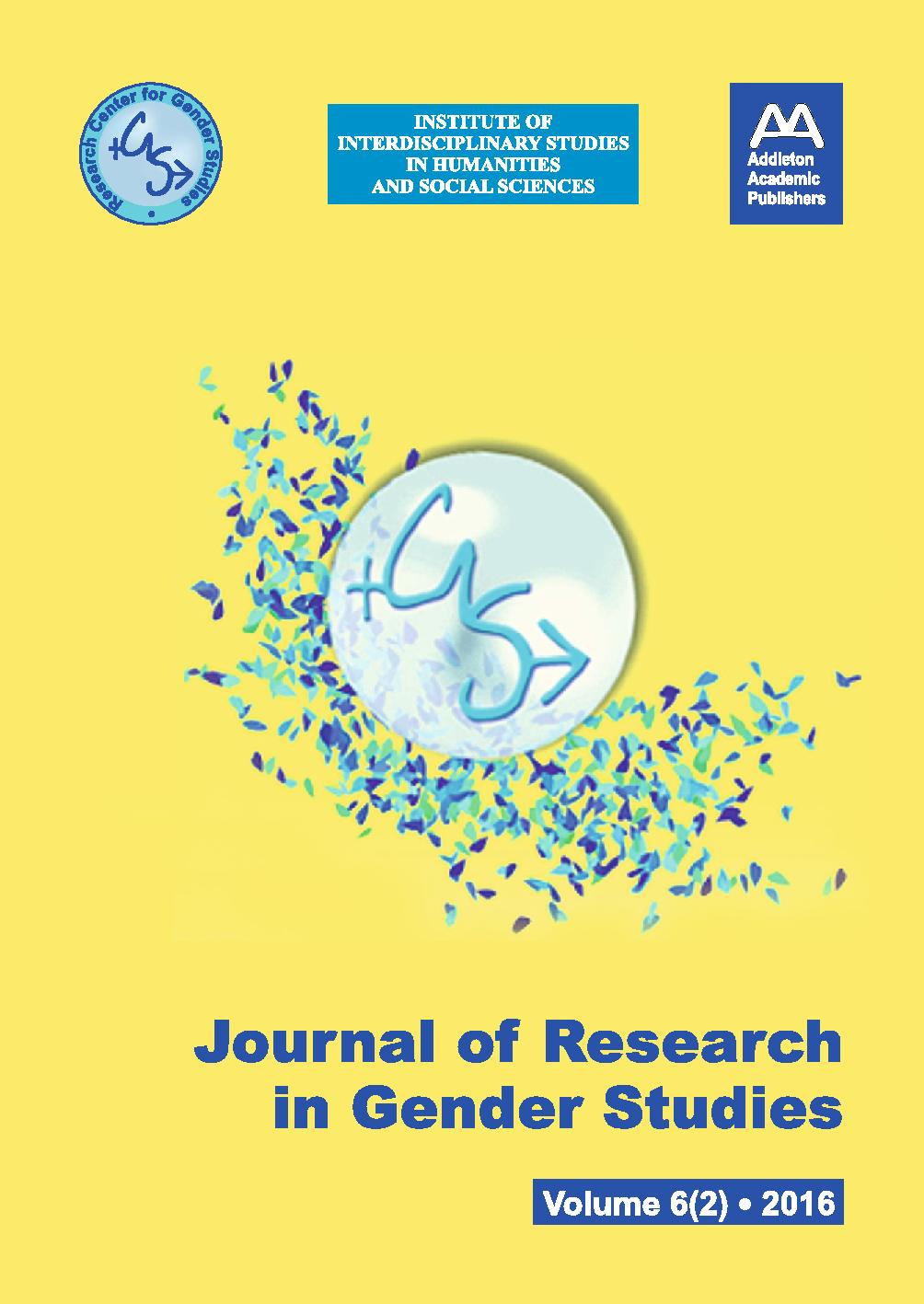EMPLOYER SPONSORED FERTILITY PRESERVATION: DEBATING INSTITUTIONAL PROMOTION OF REPRODUCTIVE PROCRASTINATION OR CHOICE
EMPLOYER SPONSORED FERTILITY PRESERVATION: DEBATING INSTITUTIONAL PROMOTION OF REPRODUCTIVE PROCRASTINATION OR CHOICE
Author(s): Shelley GrantSubject(s): Gender Studies, Ethics / Practical Philosophy, Labor relations, Health and medicine and law, Family and social welfare, Demography and human biology
Published by: Addleton Academic Publishers
Keywords: fertility preservation; employer coercion; neoinstitutionalism; bioethics;
Summary/Abstract: Increased interest in fertility preservation, informally called “social freezing,” prompted high profile US technology companies in 2014 to add coverage for the retrieval, freezing and storage of sex cells of eligible employees electing to delay family building. Although an extension of the generous family and health care benefits routinely awarded to tech sector workers, fears of hidden gender inequity and coercion now foreground sponsorship debates. Statistics on the negative effects of population infertility and the limited rate of preservation success by aging females are used to verify concerns. These considerations obscure realities of widespread ART use by US females and ethical recommendations for providing early counseling on preservation options to young oncology patients. To reconcile facts with perceptions, this paper considers dynamics of institutional change to evaluate corporate decisions to expand coverage. This review on preservation additionally examines challenges to employer support for women seeking access to similarly intended fertility control processes that alter the timing and spacing of births. Ultimately, it argues that aspects of isomorphism reframe reservations on corporate motives and expose the potential for tech worker fluencies to materially expand reproductive options through processes of organizational change.
Journal: Journal of Research in Gender Studies
- Issue Year: 6/2016
- Issue No: 2
- Page Range: 120-145
- Page Count: 26
- Language: English
- Content File-PDF

